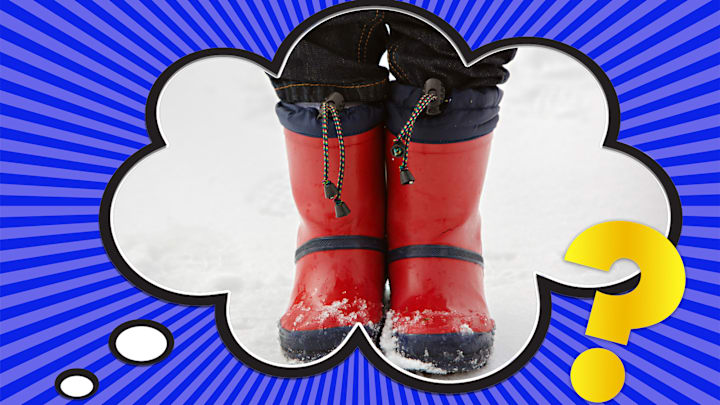While you might not have a winter wonderland on your hands just yet, snow is sure to start falling soon as we get closer to the end of December. And with that comes a pretty important question: Why is snow, which is so quiet when it’s falling out of the sky, so loud on the ground, squeaking, creaking, and crunching under our boots?
The reason, as it turns out, is science. Snow is made up of ice crystals. While ice is a solid, it actually has a thin (as in, a few nanometers) quasi-liquid layer (QLL) on its surface. Michael Faraday, better known for his work on magnetism and electrochemistry, first suggested this idea in the 1850s. While scientists have confirmed it since then, the origins and many of the characteristics of the QLL are unclear.
One thing we do know, though, is that the thickness of the QLL depends on temperature. When snow is warmer, the QLL around all those ice crystals is softer. When you step on the snow, you compress the crystals, but the liquid allows them to quietly slide past each other. When snow is colder and the QLL is stronger, there’s more friction between the crystals, and they don’t slide so easily. When you step on colder snow, the crystals rub against each other and also break, making that oh so familiar squeaking sound.
The dividing line between squeaky and non-squeaky snow is around 14°F, so if that crunchy noise tends to bother you, then that would be good to keep in mind before you lace up your boots and go on a walk in the snow.
Have you got a Big Question you’d like us to answer? If so, let us know by emailing us atbigquestions@mentalfloss.com.
A version of this article was originally published in 2016 and has been updated for 2023.
